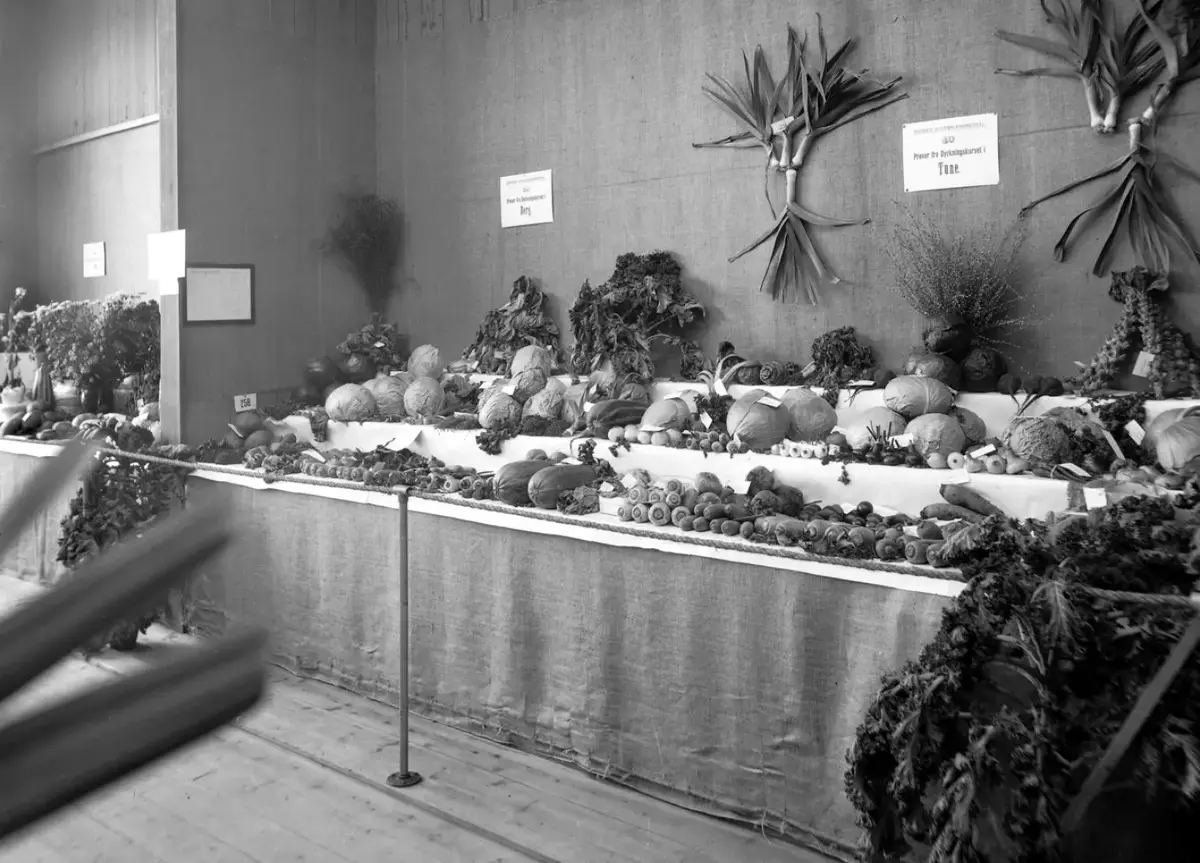Project period: 2021-2024
Funding: The Research Council of Norway
Contact person at the Østfold Museums: Marianne Løken, research director. marianne.loken@ostfoldmuseene.no
The project's website: https://www.oslomet.no/forskning/forskningsprosjenester/foodlessons
About the project
The project will contribute to building "Matnasjonen Norge 2030" by managing, revitalizing and disseminating our Norwegian food history and culinary heritage. The project will take a closer look at how a revitalization of old techniques, ingredients and dishes can be used in business development and value creation that showcases our diverse food culture in exciting and innovative ways, as well as stimulating better interaction between traditions and new impulses. The transdisciplinary consortium will work at the interface between research, business development, gastronomy and knowledge dissemination. The consortium consists of four Norwegian and three foreign research institutions, as well as 20 partners representing the entire value chain. The approach is to combine "top-down" effects represented by leading chefs, developers and other key people with "bottom-up" activities represented by cutting-edge producers and providers. Finally, the project will deliver the policy document «Recipes for building the food nation Norway 2030».
Østfoldmuseene is a resource partner in connection with WP4: Edible Museology - Linking the intangible and material culture closely by studying how museums can be an arena for research and dissemination for local based food stories and experiences. The work package will explore innovative museum activities and menus that convey the richness and relevance of Norwegian agricultural and food history for the present and the future. In this sub-project, led by Inger Johanne Lyngø, the goal is to connect the material and intangible culture to study how museums have been and can become an arena for research and dissemination of locally based food stories and experiences.
Objectives
An overall goal of FoodLessons is to contribute to increased knowledge and use of techniques, ingredients and dishes that have been used in Norway, increased production of Norwegian specialties, and design strategies for local and regional growth based on our food history and culinary heritage. For example, it may be related to new markets, the need for competence development and new meeting places, and the need to strengthen collaboration and innovation in local communities. For the Østfold Museums, it is an ambition that the project contributes to research-based museum development through participation and exchange of experience as a resource partner. The empirical evidence in the project will be particularly related to how the museum can increase its own awareness of culinary material and intangible cultural heritage. As an arena for exploration and development, we take as our starting point how Borgarsyssel Museum can develop culinary dissemination schemes with local roots. The Østfold Museums will contribute to writing an article with partners in the work package.
Impacts and relevance
The project's starting point is that Norway's food history is an under-researched, under-utilized and under-communicated field that could contribute to a significant increase in value creation and employment in land-based food and beverage industries. Food Lessons will therefore contribute to social impact through more knowledge about production of and offer of sustainable, safe and healthy food of high quality create a basis for growth and value creation throughout the country innovation and diversity competence, recruitment and reputation building knowledge and results from the research project in general and from WP4 in particular, will have great transfer value to other museums and similar companies in the ABM sector. Knowledge and experiences from the project will increase awareness of culinary heritage and new tools for working with culinary cultural heritage in museums.
- 1/1
Christian Emil Larsen / Østfold fylkes billedarkiv
